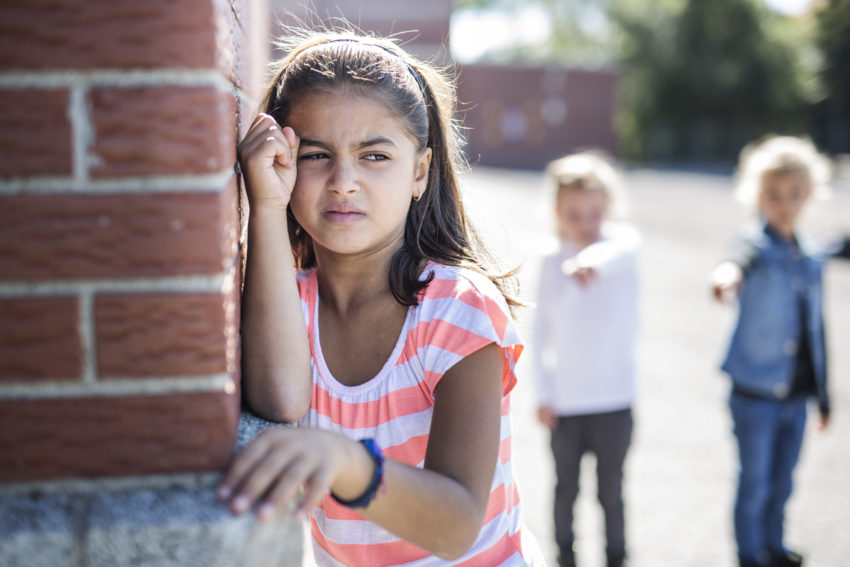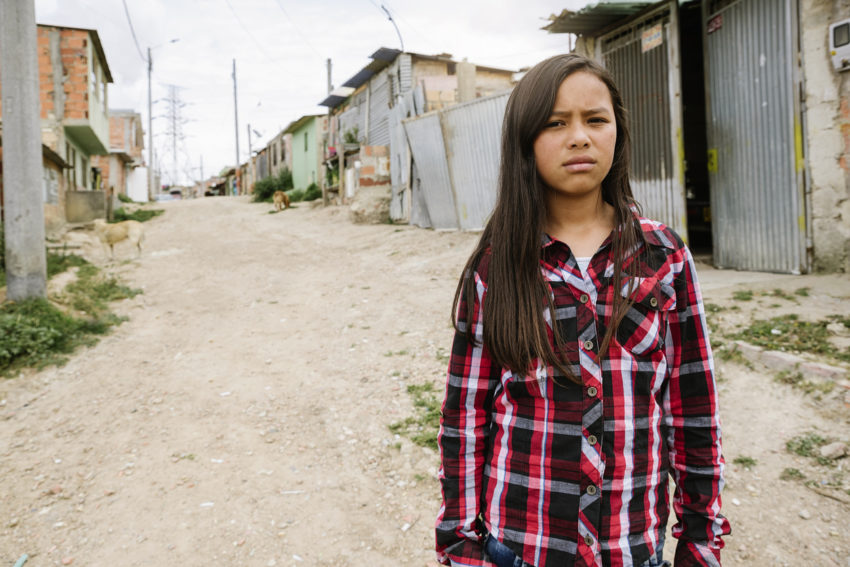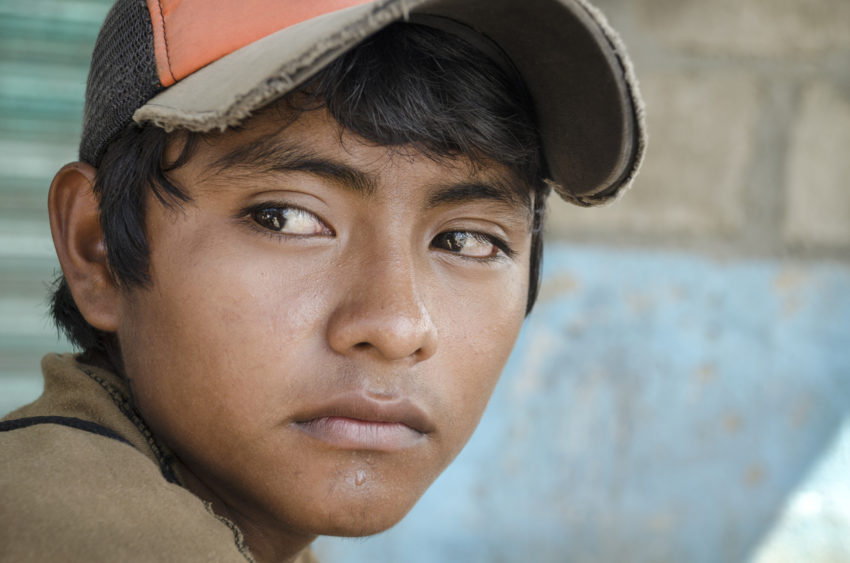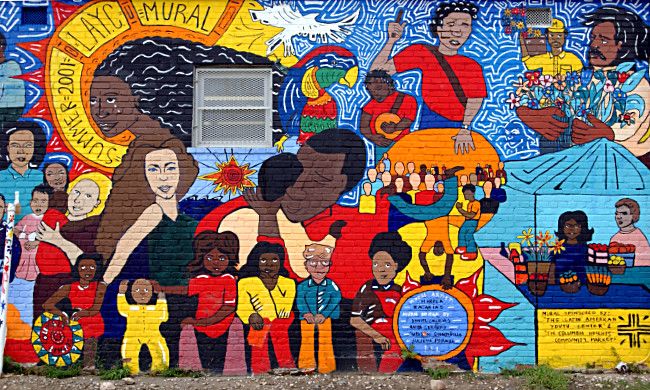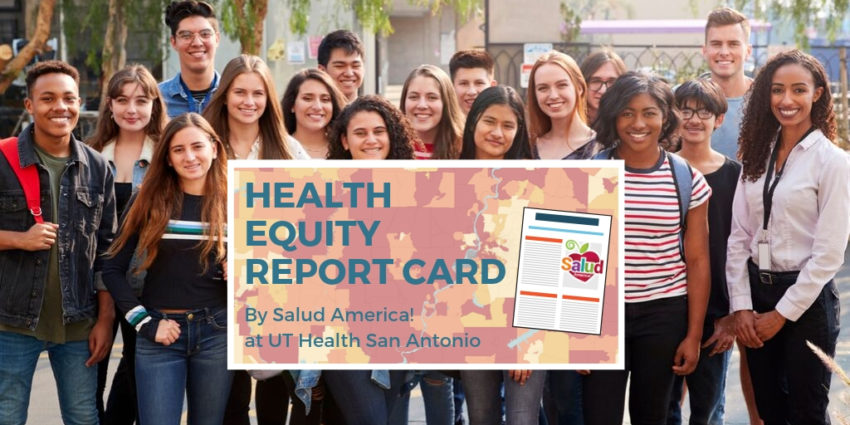Mechanism of Discrimination: The Problem of Implicit Bias
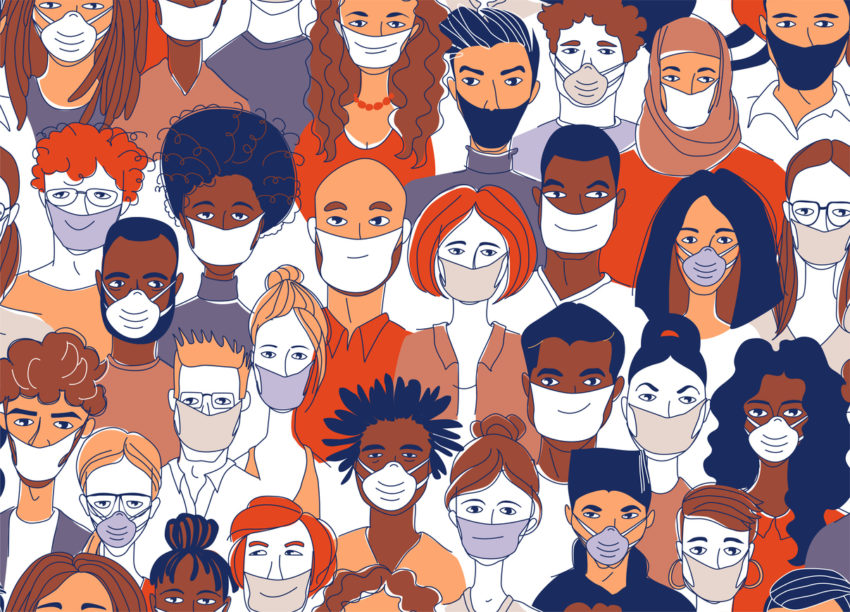
This is part of the Salud America! Achieving a Cohesive Culture for Health Equity in Latino and All Communities: A Research Review» Implicit Bias Is a Key Mechanism People Use to Excuse Discrimination among People of Color, Those in Poverty Bias is the tendency to favor one group over another. Most people think they harbor no bias toward other people, or they believe they know their biases and don’t act on them. The first type of bias is explicit bias, or overt bias. Explicit bias is a consciously held set of beliefs about a social group. Acting on race or ethnicity-based bias would be conscious, or explicit, racism, which many Americans openly reject, although which still exists in American society. The second type of bias is implicit bias, or unconscious bias. Implicit ...
Read More
